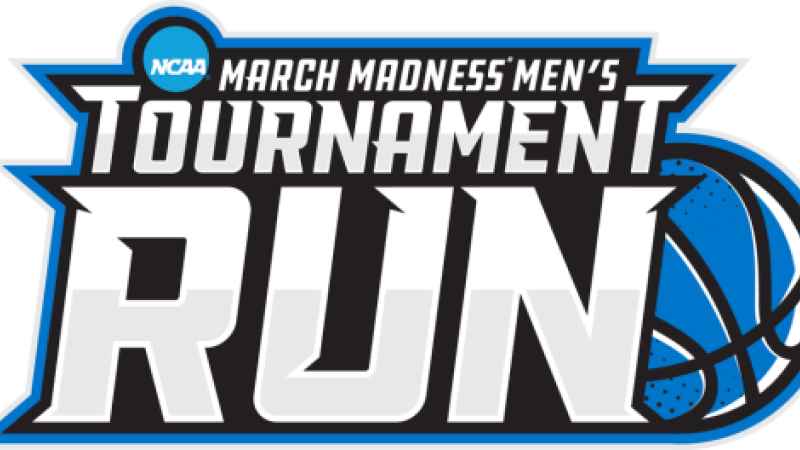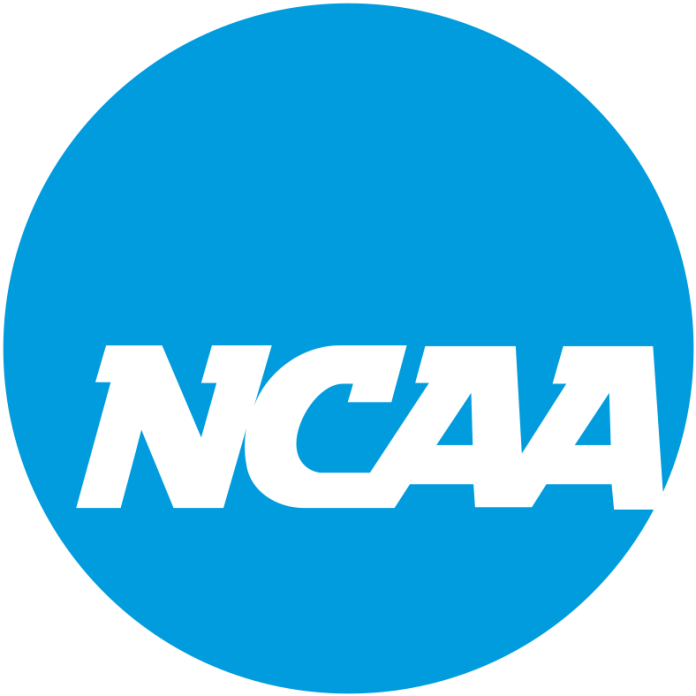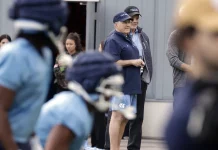The NCAA’s crown jewel event is all about money.
The men’s college basketball season comes to an end with the championship game in Glendale, Arizona. The contest will take place in a cavernous publicly funded football stadium with tens of thousands of seats and it isn’t cheap to attend the game. All the trappings of a big-time event are on display in Glendale and the Phoenix metropolitan area. Television, corporate parties held by corporate marketing partners. Local politicians spent as much as they could on the public dime to make the people who run the NCAA feel good. There will also be some news release explaining just how much money flowed into the Valley of the Sun area which is never questioned. Everyone seems to be making money except the players. None of the money goes to student-athletes who are the show. Some of the players can make money from marketing partnerships but most college players are not getting lucrative marketing deals.
The term “student-athlete” has been used to deny college players in all sports benefits such as salary and long-term health care from injuries suffered on the field whether in practice or in a game. Courts have pretty much routinely upheld the college side of things in lawsuits filed by severely injured players or survivors of players killed on the field. Schools should not have to pay workman’s compensation or long-term health care costs because the athlete is a student not an employee of the school. The NCAA does not want the student-athletes to become employees and that battle has started as members of the Dartmouth men’s basketball team want to unionize. Dartmouth wants no part of that. Teams playing in football bowl games pay no taxes on bowl payouts thanks to an antitrust exemption. The coaches get millions, athletic directors’ bonuses. The players? They may get a ring.

Evan Weiner’s books are available at iTunes – https://books.apple.com/us/author/evan-weiner/id595575191
Evan can be reached at evan_weiner@hotmail.com







